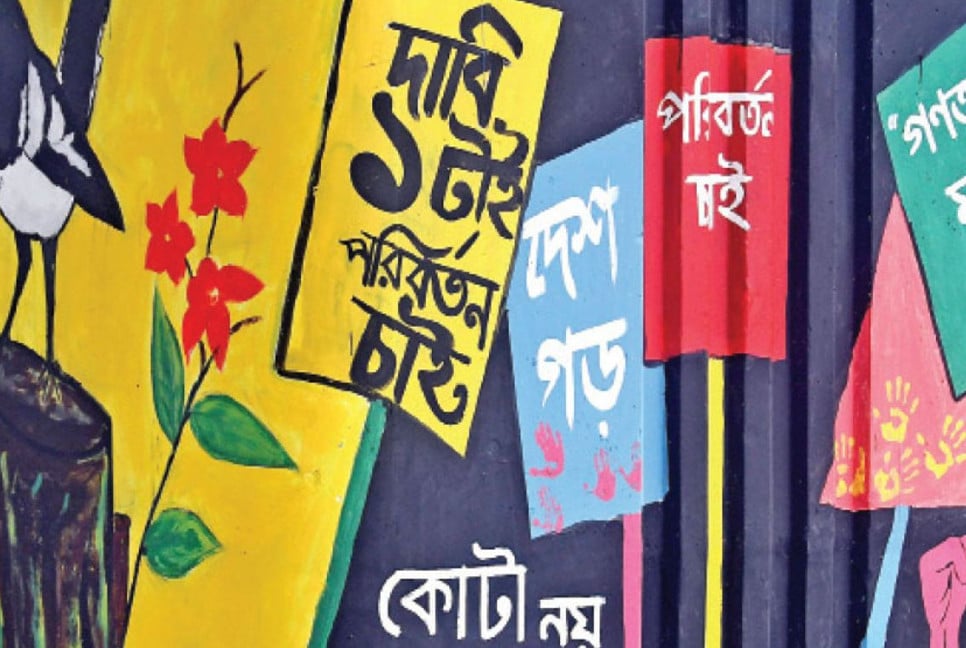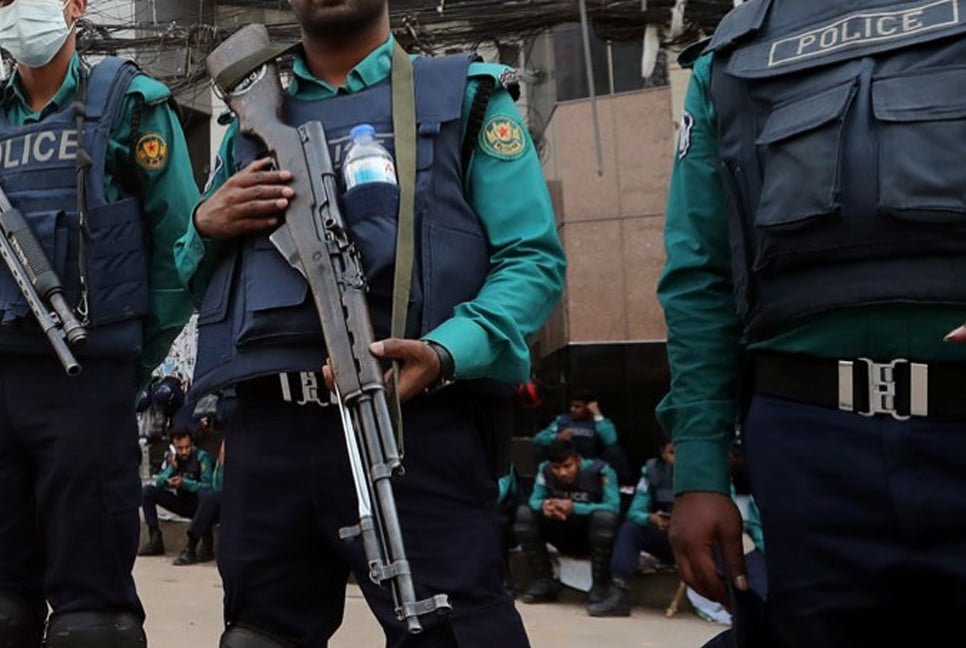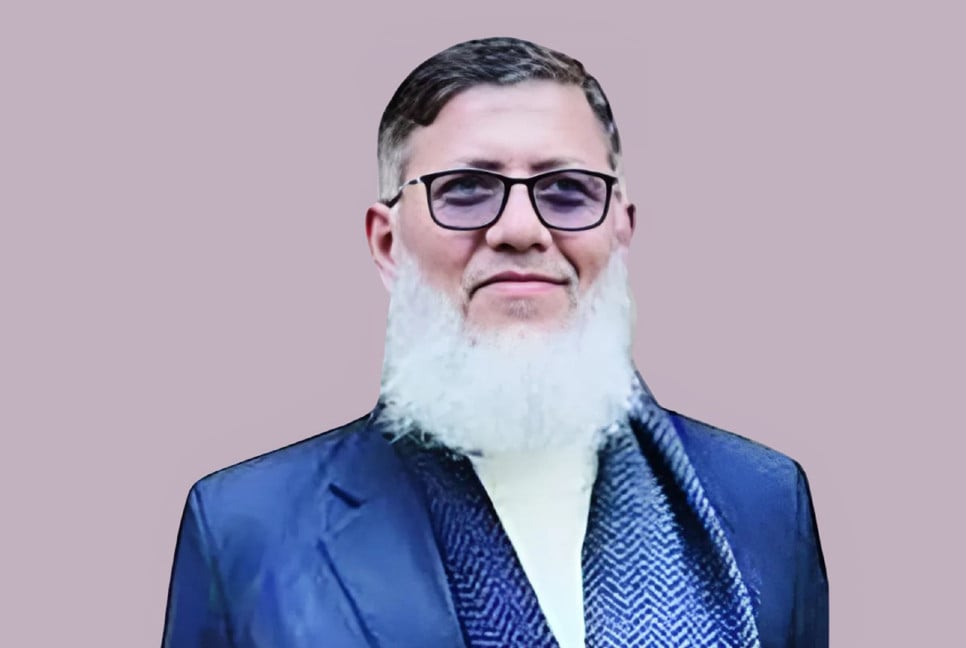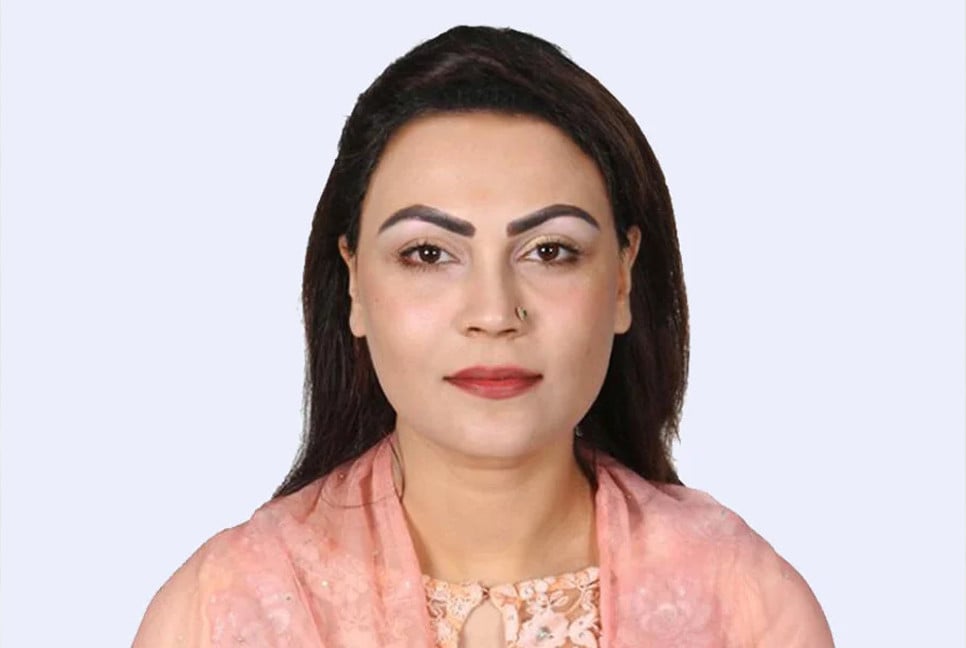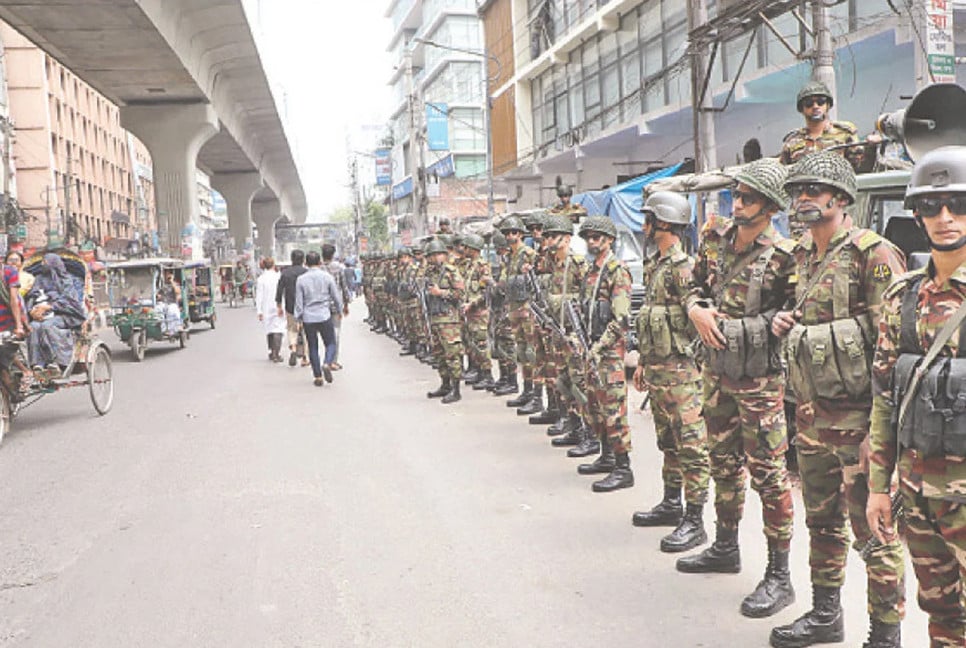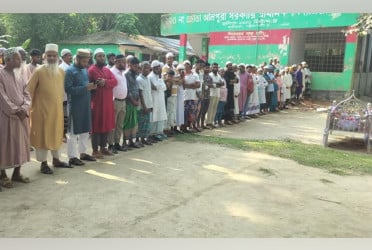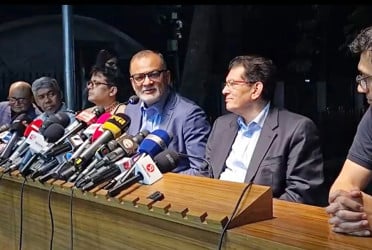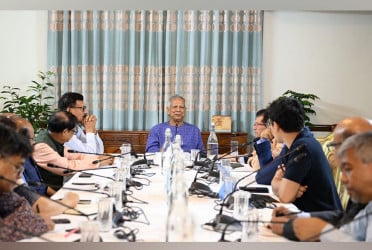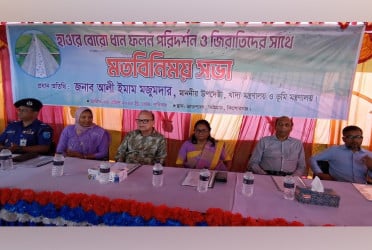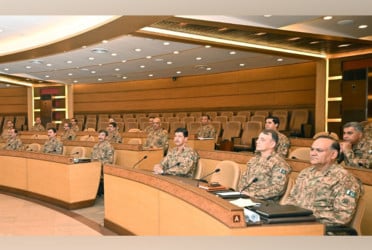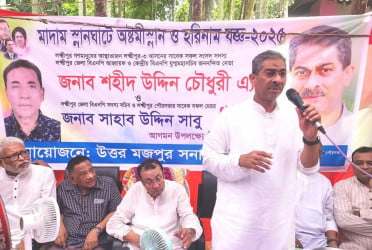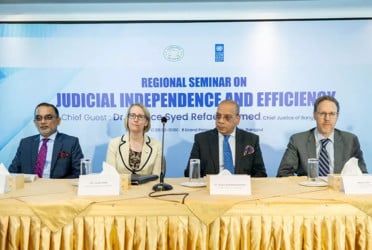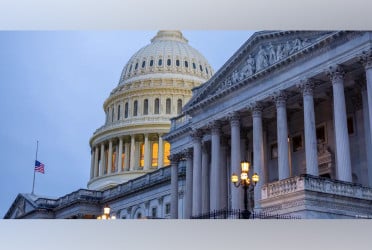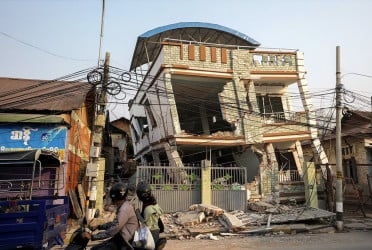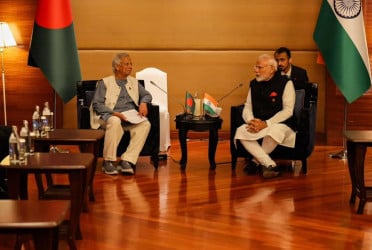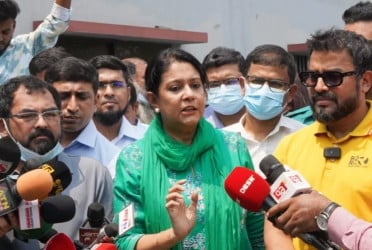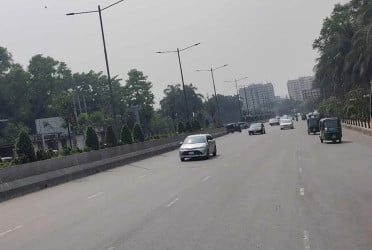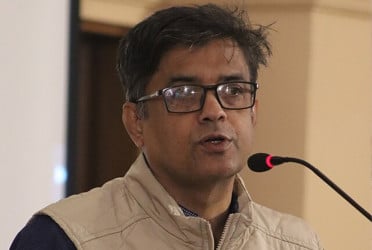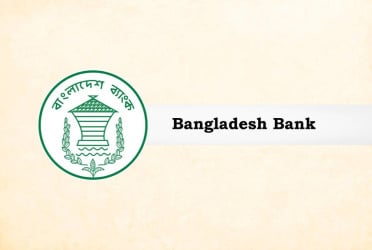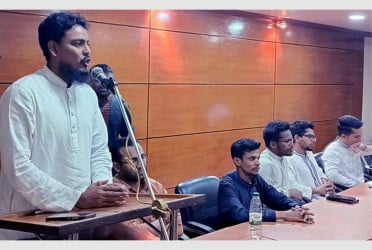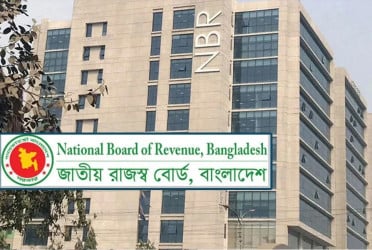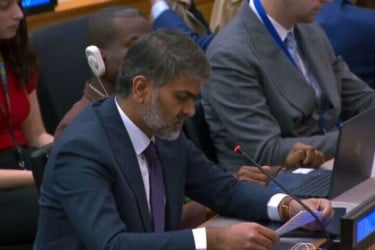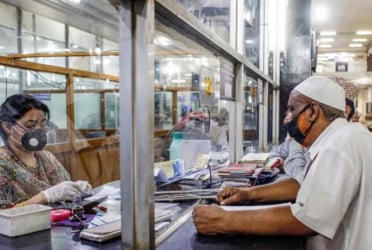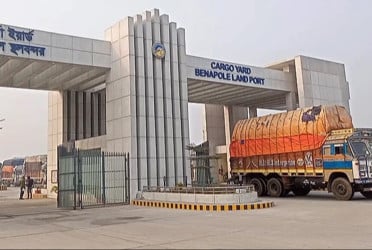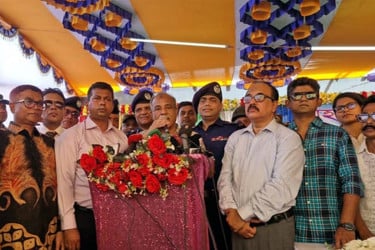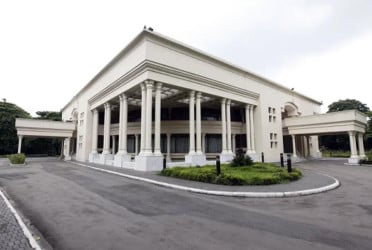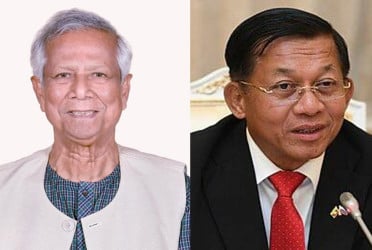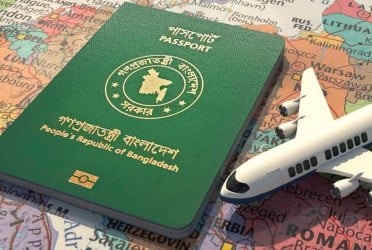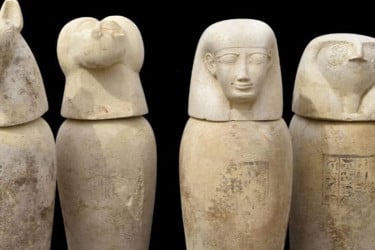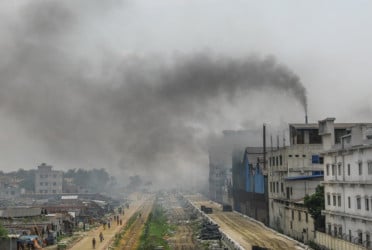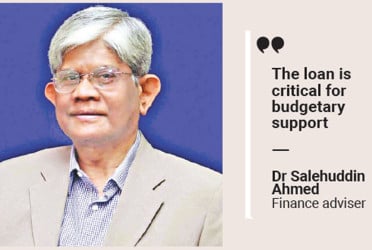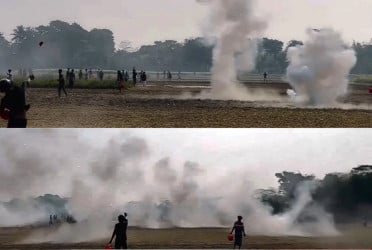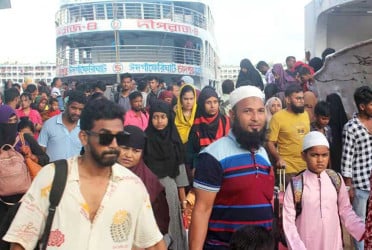The main demand of the July uprising was forming a new political system for Bangladesh. This means that the old (1972-2024) political system will be replaced with a new one in post-revolutionary Bangladesh. There is a call for a new constitution to enable the process.
The Constitution is an important document for any nation and country. If the people want to live in a democratic system, they must have a democratic constitution. A democratic constitution establishes a political and social system in the country that replaces the rule of law, human rights, free thought and free conscience, which fulfills the lives of the people of that country.
On the other hand, a flawed constitution created in the name of democracy creates various conflicts and problems in the country and destabilizes the country.
Constitution of the new Bangladesh An independent analysisThe proof of this is found by turning the pages of our constitutional history. The constitution that was written in 1972 failed to contain the hopes and aspirations of the people after the liberation war.
A constitution was written in front of a hypnotic person who did not take long to transform the ruler into a dictator. And who, having abandoned all the spirit of the Liberation War, created a one-party regime with the amended constitution.
Later, attempts were made to keep democracy alive by adding various clauses to the Constitution. But it was not successful. With the fifteenth amendment to the constitution, this document was taken to such a stage that in the so-called constitutional system itself by a fascist government led by Sheikh Hasina.
The post-July revolution demand, therefore, as has been said before, is for a new constitution. Now it is necessary to understand that in the context of this demand of the student masses, two different ideologies are noticeable.
The student masses have raised the demand for rewriting the constitution from the very beginning. Advisor Nahid Islam announced that Gano Parishad would write and adopt the constitution.
Dr Ali Riaz, chief of the Constitution Reform Commission, also expressed the same opinion at a discussion at the Center for Governance Studies. However, the academician later withdrew from that opinion. In addition, scholars like Farhad Mazhar and Anu Muhammad also recommended a new constitution.
A Constituent Assembly is needed to write a new constitution. Needless to say, the Constituent Assembly, which is composed of representatives of the people, can successfully incorporate the hopes and aspirations of the people in the constitution written and adopted by them.
The constitutions of the United States, India, Nepal and many other democratic countries were written and adopted by the Constituent Assembly. The 1972 Constitution of Bangladesh was not written by the Constituent Assembly elected by the people after the Liberation War, so this constitution did not come into effect.
However, the drafting and adoption of a constitution by a Constituent Assembly is time-consuming and fraught with uncertainty. Nepal's Constituent Assembly took eight years to draft a constitution. Undivided Pakistan also took eight years. The political parties of the United States and India have a well-developed and developed democratic culture, so they were able to draft a constitution in two years.
The second approach or doctrine is to make incorporations to the current constitution and turn it into a democratic constitution. It appears that the interim government, perhaps under pressure from political parties, has chosen the second path and on September 11, 2024, formed a Constitutional Reform Commission. In addition to preparing a report, the commission will review the laws and ancillary procedures.
Apart from political parties, other stakeholders have welcomed the commission. However, it is unfortunate that all but two writers and one student representative in this nine-member commission are legal experts.
Although eminent jurists are also needed in the drafting of the constitution and the jurists of the commission are endowed with knowledge and wisdom in their own lives, the student representatives have legitimately expressed their anger over the lack of proper representation of Millennial and Gen Z Where 65 percent of the country's population is below the age of 35 and the youth who risked their lives and shed their blood to overthrow a tyrannical, oppressive and brutal ruler and opened the door to the possibility of building a new Bangladesh, the insufficient number of student representatives raises questions about how much the hopes and aspirations of the students and the public will be reflected in the commission's report.
Currently, this commission has started working with seven objectives: 1. Establishing a non-discriminatory democratic state system; 2. Reflecting the aspirations of the people by establishing a participatory democratic state; 3. Ensuring effective participation of the people at all levels in politics and state governance; 4. Prevent the rise of any fascist system in the future; 5. Bring about the separation of the three organs of the state and the balance of power; 6. Necessary measures to ensure the effective independence and autonomy of the institutions created by the constitution and laws of the state, the decentralization and Empowerment; 7. Necessary measures to ensure the effective independence and autonomy of the institutions created by the state constitutional and law.
In this context, the Commission has gradually started involving the people through political parties and alliances, various organizations, constitutional experts, eminent citizens, young thinkers, opinions through websites, and surveys on reforms by the Statistical Bureau. The involvement of the people needs to be deeper as the success of any constitution depends on whether it is written by the opinions of the people.
Some analysts believe that it is possible for the next elected 13th Parliament to amend the constitution and adopt a new constitution through a referendum. Or, a two-year special parliament can be formed and the draft can be adopted as the constitution through a referendum.
Since Advisor Mahfuz Alam said that the new constitution will be implemented by this government, it may be that the interim government, keeping in mind the report prepared by the CRC, can form a two-year Constituent Assembly based on the legal framework.
The involvement of political parties, interest groups, various stakeholders of the society, and the public can be ensured. And the formation of a new constitution or a second republic, introduced by the formation of a regular Constituent Assembly, which would be time-consuming and would avoid uncertainty.
It is important to remember that only that constitution is effective and respected, which is written by the consensus of the critical forces of society. The third approach is believed to achieve that objective.
The writer teaches Government and Politics at Jahangirnagar University.

